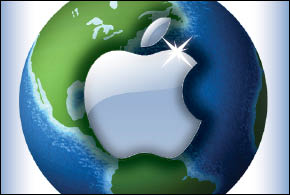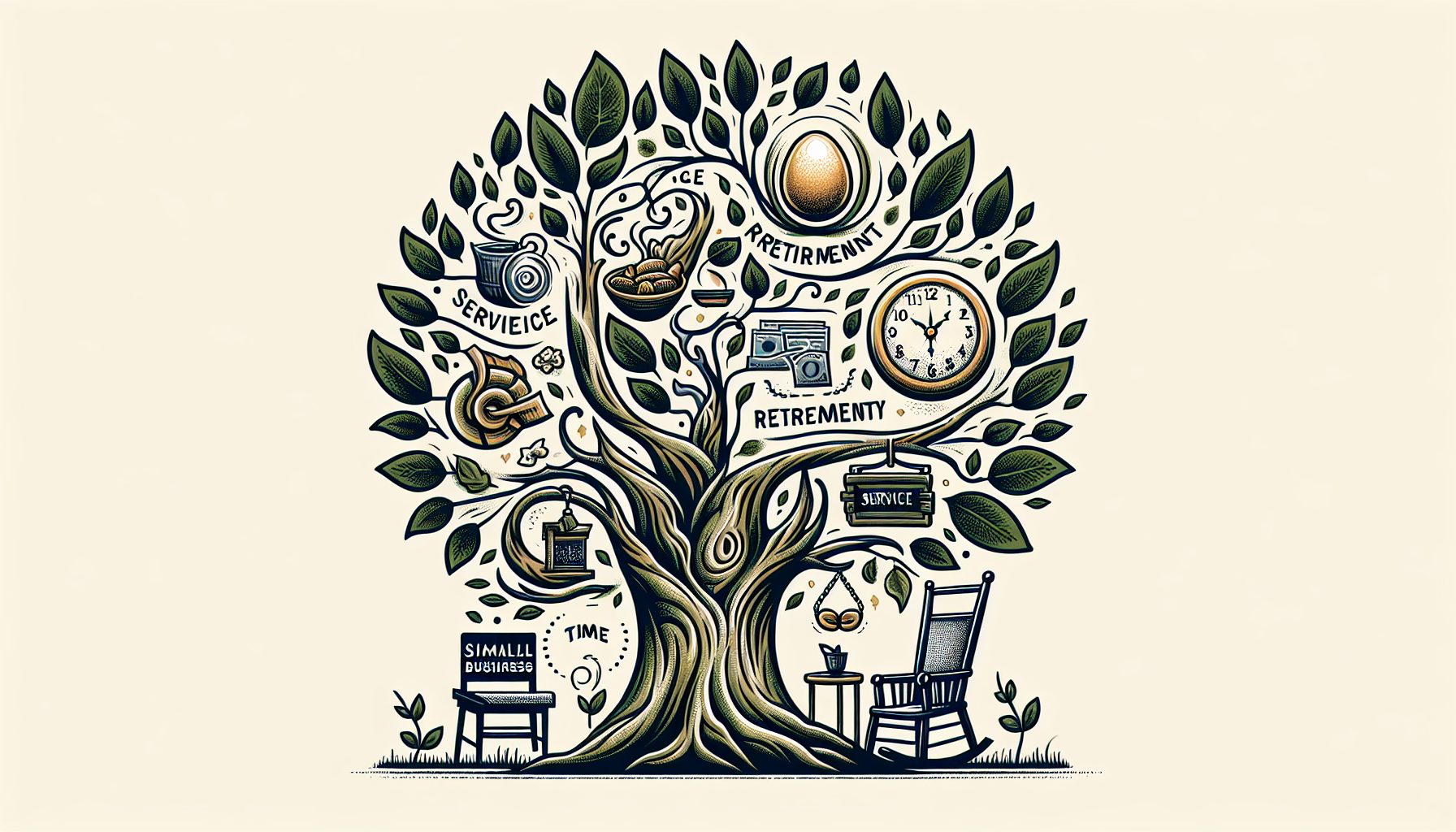By now, it should be apparent that no technology company guides the direction of computing more than Apple. You can love the company or hate it, but one thing is clear: A computer manufacturer that has near zero footprint in the data center is radically transforming the business landscape.
When Apple holds an event to announce new products, the world tunes in … and reacts. The last couple of weeks are a perfect example. In the 1960s, space missions consumed the public’s imagination. In the 1990s, it was dot-coms. Now, it’s iPhones, MacBooks, Apple Watches, iPads and iOS. Apple is the technology mega-church for the digital age. It’s a post-Disney Disney.
Consumers love smartphones and tablets. Employees do too. As a result, companies must support iPhones and iPads, along with the various features and functions they offer.
In fact, businesses no longer dictate to employees and consumers how to interact and transact. Instead, they’re caught in the tractor beam of consumer technology that also includes Android and other mobile platforms.
What generally goes unnoticed is that Apple’s success—and its impact on the business world—cannot be measured in singular upgrade cycles. Any given product announcement is significant, but the cumulative impact of three or four upgrade cycles is revolutionary.
Now we deposit checks from our smartphones. We scan barcodes for products at a retailer and compare prices. We use sophisticated geolocation services to perform an array of functions, including digital mapping and ordering a taxi or an Uber ride with one swipe or tap. We can even control our house’s thermostat and lights from half a world away.
But Apple is also driving radical changes in how we approach computing and data. The Handoff feature in the next version of iOS and OS X is at the heart of future computing: the ability to pick up any device at any time and view Web pages, documents, messages, maps, spreadsheets and more in their latest iteration.
There’s also Apple Pay, which will likely revolutionize commerce by creating a true digital wallet. Wells Fargo, Chase, Bank of America, Visa, American Express and many others have already signed on.
Meanwhile, Apple’s iBeacon technology takes geolocation and contextual content delivery to a new level. It is actually redefining marketing.
Of course, Apple is hardly the only major player in the digital revolution. Others that also are remapping the digital landscape include Google, Facebook, Amazon and Microsoft.
However, today’s consumer-centric business environment—and the growing attention companies must devote to BYOD, apps and various other digital capabilities—has Apple’s fingerprints all over it. And that isn’t about to change anytime soon.









